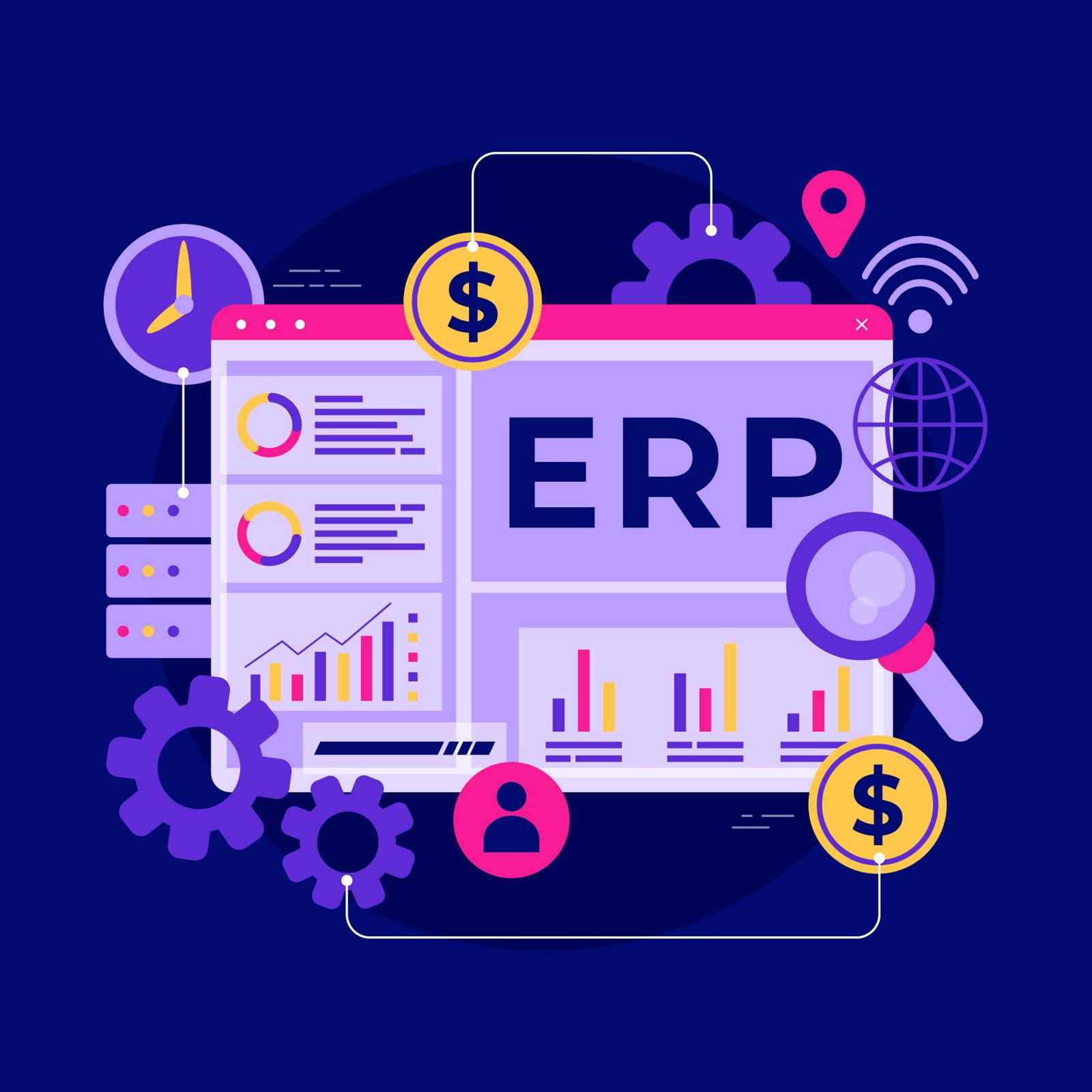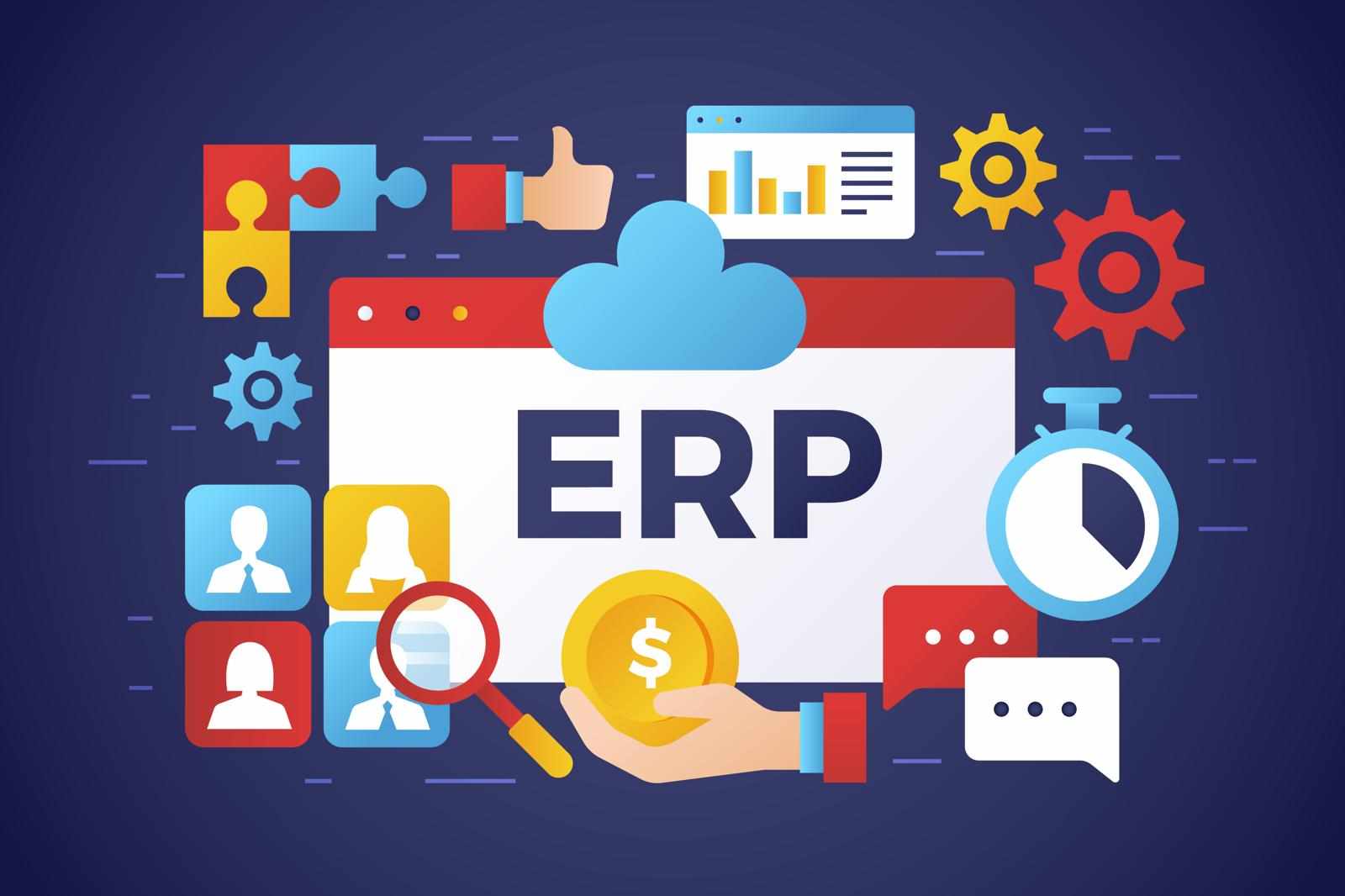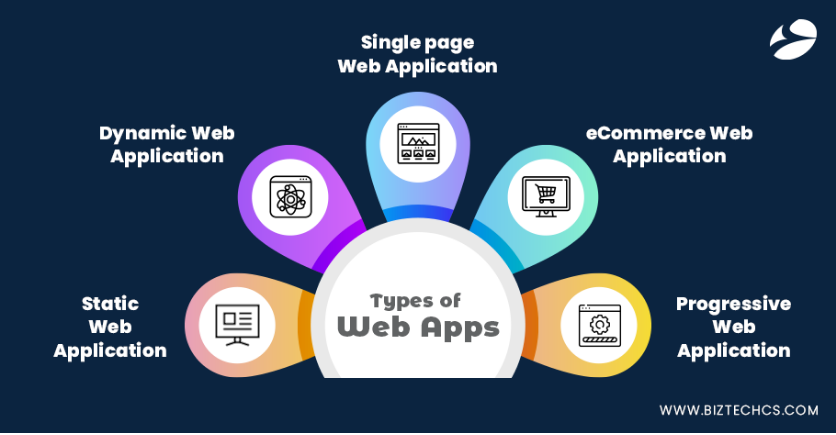
In the fast-paced world of finance, businesses are constantly looking for ways to improve operational efficiency, ensure compliance, and scale sustainably. One of the most effective ways to achieve these goals is by adopting ERP software for finance industry. Enterprise Resource Planning (ERP) systems designed specifically for the finance sector offer a centralized solution that integrates various financial functions into one platform, streamlining processes, reducing manual errors, and driving growth.
A Unified Approach to Financial Management
Managing financial operations can be a complex task, especially in an industry that deals with a large volume of transactions, regulatory requirements, and client expectations. Traditional methods often result in fragmented data and disconnected systems, making it difficult to achieve real-time visibility into financial performance.
ERP software for the finance industry offers a unified platform that centralizes all financial data and processes. This integration eliminates silos between departments, ensuring that accounting, payroll, budgeting, and financial reporting are all aligned. With a single source of truth, finance teams can work more efficiently, reduce the risk of errors, and improve decision-making. By streamlining these processes, businesses can focus more on strategic initiatives and less on administrative tasks.
Automation for Improved Efficiency
One of the major advantages of ERP software for the finance industry is automation. In financial operations, many tasks are repetitive, such as invoicing, transaction reconciliation, and tax calculations. By automating these processes, ERP systems free up time for financial professionals to focus on higher-value activities like analysis and strategy.
For example, invoicing can be automated, ensuring that clients are billed on time with accurate amounts. Similarly, reconciliation of accounts can be handled automatically, reducing the chances of errors and inconsistencies. Automation not only saves time but also minimizes human error, which is especially critical in the finance industry where mistakes can be costly and detrimental to reputation.
Real-Time Financial Reporting and Insights
In the finance industry, timely and accurate financial reporting is essential for making informed decisions. Traditional reporting methods often involve compiling data from multiple sources, which can be time-consuming and prone to delays. With an ERP system tailored for finance, businesses can access real-time reports on key financial metrics like cash flow, revenue, expenses, and profitability.
By using ERP software for the finance industry, finance teams can generate instant reports with just a few clicks. These reports offer detailed insights into the company’s financial health, helping executives and decision-makers understand current performance, identify trends, and forecast future outcomes. Real-time reporting also ensures that businesses can respond to market changes or financial challenges quickly, helping them stay agile and competitive.
Enhanced Compliance and Risk Management
The finance industry is highly regulated, with businesses required to comply with various local and international financial standards. ERP systems designed for the finance sector help ensure that businesses remain compliant by integrating features that automate compliance checks, track regulatory changes, and generate audit-ready reports.
ERP software for the finance industry also enhances risk management. By providing a comprehensive view of financial data and transactions, ERP systems make it easier to identify and mitigate financial risks. For example, the system can flag unusual transactions or discrepancies that may indicate potential fraud or financial mismanagement. With built-in risk management tools, businesses can monitor financial health more effectively and take proactive measures to protect against risks.
Scalability for Growing Financial Operations
As financial businesses grow, their operations often become more complex. Expanding into new markets, increasing the volume of transactions, or introducing new financial products can strain existing systems that are not designed to scale. ERP software for the finance industry is designed to grow with your business, providing the flexibility to add new functionalities, processes, or departments without disrupting ongoing operations.
For instance, if a financial institution expands into international markets, an ERP system can easily accommodate multi-currency transactions, tax regulations, and compliance standards in different regions. The scalability of ERP ensures that businesses can continue to manage their financial operations smoothly even as they grow in size and complexity.
Better Collaboration and Communication
In financial organizations, collaboration between departments such as accounting, risk management, and treasury is essential for smooth operations. An ERP system fosters collaboration by providing a centralized platform where team members can access and share financial data in real-time. This transparency not only improves communication but also ensures that everyone is working with the same information.
By breaking down silos, ERP systems help create a more cohesive work environment, reducing delays caused by miscommunication or lack of access to necessary data. This collaboration can lead to more informed decisions and a more efficient workflow across departments.
Conclusion
Adopting ERP software for the finance industry provides a smart, integrated approach to managing financial operations. From automation and real-time reporting to enhanced compliance and risk management, an ERP system can streamline processes, reduce errors, and improve financial decision-making. As businesses continue to grow and face new challenges, ERP systems offer the scalability and flexibility needed to adapt to changing market conditions. With the right ERP solution, financial organizations can achieve improved efficiency, better insights, and long-term growth, all while maintaining a strong foundation of compliance and risk management. Investing in an ERP system is no longer just a luxury; it's a necessity for businesses looking to thrive in today’s dynamic financial landscape.

















Write a comment ...